Australia PMI Manufacturing rose from 57.7 to 57.9 in April, a 5-month high. PMI Services rose from 55.6 to 56.6. PMI Composite rose from 55.1 to 56.2.
Jingyi Pan, Economics Associate Director at S&P Global said: “The expansion of the Australian economy continued in April, according to the S&P Global Flash Australia Composite PMI, buoyed by the easing of COVID-19 disruptions. Foreign demand played a part as well with new export business rising for the first time since December 2021.
“Price pressures persisted, however, for private sector firms that faced higher costs across raw material to wages. Input costs rose at the fastest pace since data collection began in May 2016, reflecting the impact from both the Ukraine war and lockdowns in China.
“Higher employment levels in April remained a bright spot to highlight, though the lack of suitable candidates have contributed to a slowdown of hiring activity. Meanwhile, despite better output growth, business confidence eased in April which is a worrying trend.”




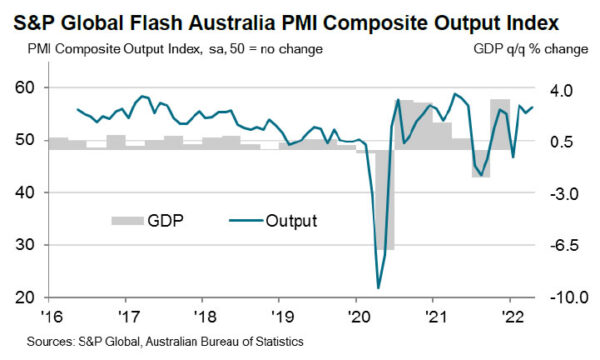
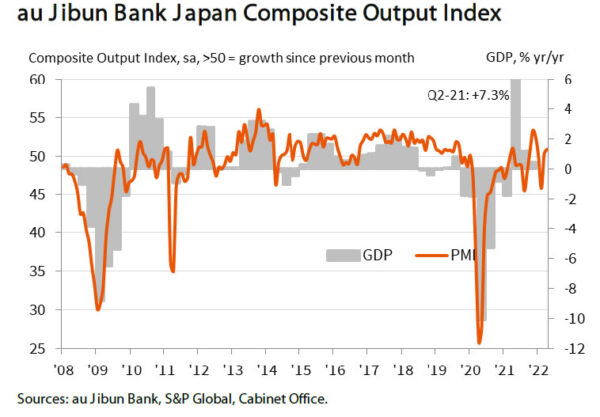
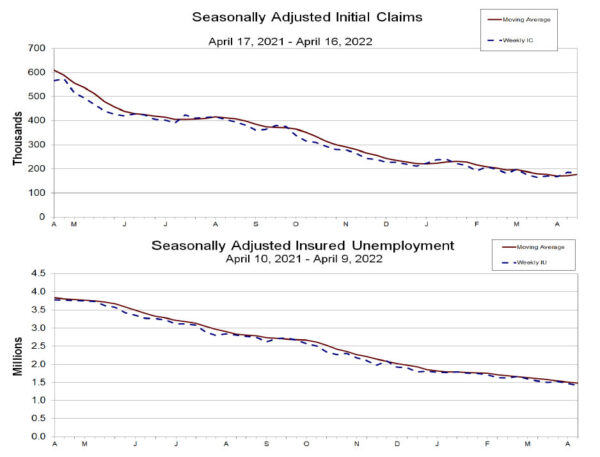
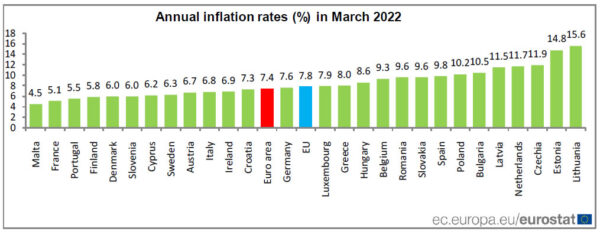

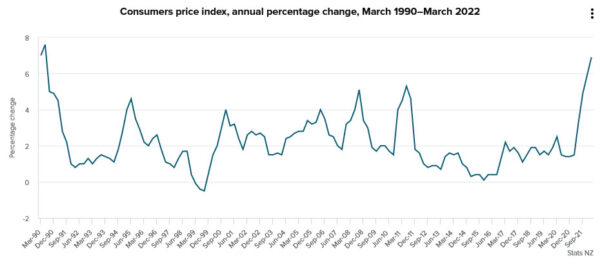
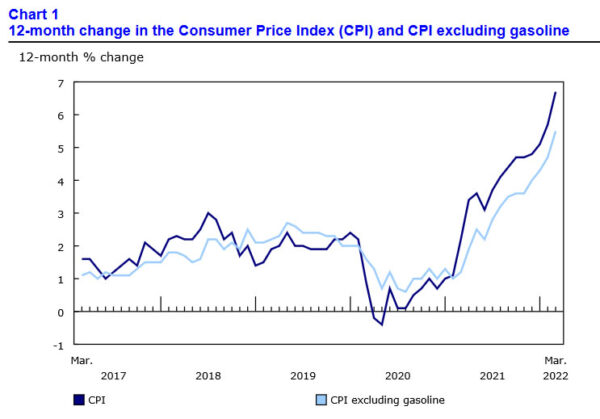
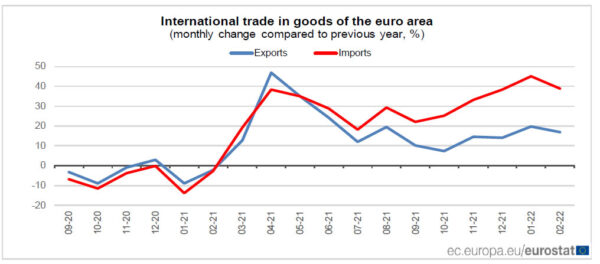

UK retail sales dropped -1.4% mom in Mar, led by non-store retailing
UK retail sales dropped -1.4% mom in March, much worse than expectation of -0.3% mom. The largest contribution to the fall came from non-store retailing in which sales volumes fell by -7.9% mom. Food store sales volumes fell by -1.1% mom. Automotive fuel sales volumes fell by -3.8% mom.
Overall, sales volumes were still 2.2% above their pre-coronavirus level in February 2020.
Full release here.